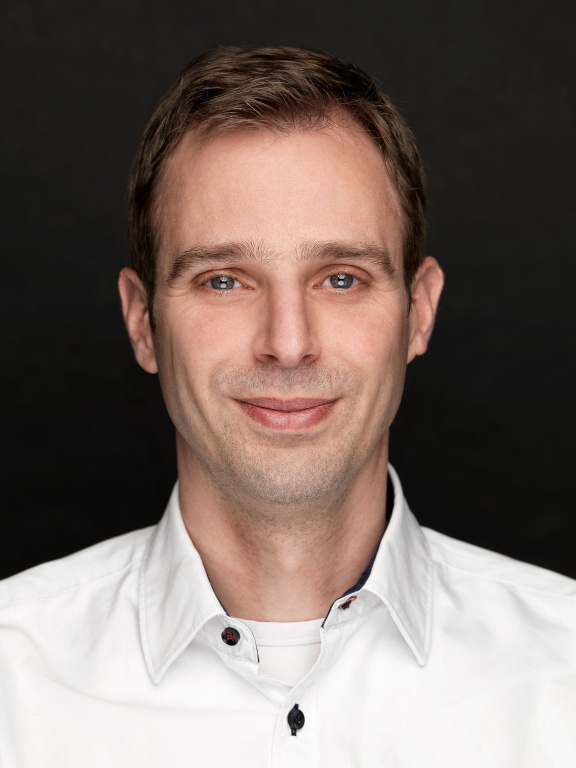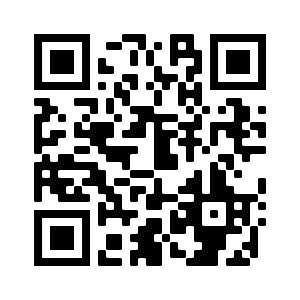

Energy poverty makes poor
According to energy leader Arash Aazami, 2.5 billion people worldwide live in energy poverty. Meeting primary energy needs, such as gathering wood for cooking, is incredibly time-consuming for these people. "It takes 30% of their waking hours. Time they cannot spend on work, education or parenting.
LIOF festival zooms in on transition energy
On Thursday, June 29, some 350 Limburg entrepreneurs gathered for the LIOF Festival. Once again, Beachclub Degreez in Panheel served as the stage for a number of inspiring speakers. One of these was Arash Aazami, thought leader in the field of energy. His beautiful story "Energy Buddhism" - when everything is connected to everything - got many listeners thinking.
About Arash
Arash Aazami is a true renaissance man. Raised in West Africa from Dutch and Persian parents, he made careers as a musician, Internet entrepreneur and energy expert at a young age. Thus, he brings to the stage a unique combination of art and technology, science and entrepreneurship. He founded a unique energy company in 2010 that earned more the less energy it sold. In 2014, this business model was awarded by MIT. Since 2015, as founder of Renaissance21, he has been engaged in the development of an Internet of Energy that will be able to provide every person with renewable energy.


Energy cannot be taken for granted
The half Persian and half Dutch Arash grew up in Niger (West Africa). As a small boy, he learned that you cannot blindly assume that energy is available at the touch of a button. This greatly influenced his further development.
Fossil energy is running out
At the same time, we live in a world where we use very large amounts of fossil energy. But how much does the earth actually produce in the form of oil, coal and gas? Arash's calculation shows that we burn 1 million times more fossil energy than the earth can produce.
We cannot continue this way and must make our energy system more and more efficient so that we balance with the planet. The bottom line is that we have to save 99.9999%. Ó we develop a new model that makes the old one obsolete. In other words, redesign from the ground up.
Energy poverty makes poor
According to the energy leader, 2.5 billion people worldwide live in energy poverty. Meeting primary energy needs, such as gathering wood for cooking, is incredibly time-consuming for these people. "It takes 30% of their waking hours. Time they can't spend on work, education or parenting. If this is your reality, you simply don't have the time to get out of poverty. So energy poverty makes you stay poor. That is why it is SO important that we work for universal access to modern forms of energy. It's our ticket out of that poverty structurally!"
History repeats itself
For centuries, mankind has used renewable energy. But there came a time in our history when we discovered fossil resources from the earth. "That ushered in industrialization. We became smart, mobile, connected and prosperous. Now we live in a very exciting time. We are finding better and better alternatives. History is repeating itself."
Hopeful outlook
From a renewable era to a non-renewable era and renewable era 2.0. The big difference between before and now? "At the push of a button, we can meet our needs in the way we seek, in the concentration we seek. In other words, the level of prosperity we have been able to achieve courtesy of fossil energy, we have used that fossil energy to no longer need it. And in a much better way to ensure that we can remain in a prosperous position for the next thousands of years. That's hopeful!"
Multiple transitions in one
According to Arash, it does not stop at the energy transition. "Because of the fundamental approach, it is also an economic transition. We are currently distributing the value creation. For example, with solar panels on all roofs. If you calculate that through, it has an incredible effect on our system. We are also in a social transition, because we people are connected differently. And finally, an institutional transition, because different laws and frameworks are required. A new mindset is needed more than ever."
"The more we can consciously devote our energy to building a future we believe in, the more effective we will make that future." - Arash Aazami
Three mindsets for system innovation
When talking about system innovation, the energy leader names three mindsets.
- The Seeker: the scientist who believes in something that is not yet (fully) proven and does everything possible to understand it better. "The answers we seek lie in nature."
- The Artist: a creative person with very crazy ideas. From turning on an LED light bulb by petting a plant to making a glacier in the desert. "It's all possible thanks to the artist mindset."
- The Hacker: the nerd who looks at a system as it is and knows how to harness it to achieve something. First: internet needs energy. Now: energy needs internet. "Digitization and energy transition go hand in hand: an Internet of energy."
From consumer to prosumer
With the advent of the www protocol in 1989, something big happened: we could communicate with each other unambiguously and interactively, anywhere, anytime. "Now we are prosumers of knowledge and expertise. Not just buyer, also provider." This had a huge social impact, with 5 billion Internet users by 2022. Arash sees this same development in the energy domain. "Our current energy system is perfectly designed for one-way traffic. But decentralized renewable energy causes stress in a centralized system. Congestion has therefore become the new reality. A distributed system is desperately needed. No more providers or takers, but two-way traffic. Anyone can be anything."
In conclusion, Arash says, "This is our moment in which we have the choice, the space, the opportunity to move beyond the 'culture of competition' (having something the other does not have and therefore creating value). This is for the first time the moment where we have the option as a community to move to a 'culture of collaboration' and together be more than the sum of our parts."
"I invite you to dream, but most of all to turn those dreams into action. Because that is where you will make a difference!" - Arash Aazami


Need help?
Want to learn more about the energy transition or need help transitioning your business? Feel free to contact us. We are here for you!

